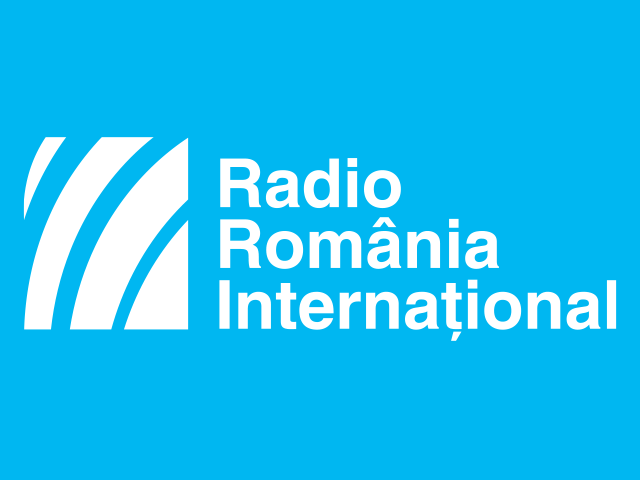Pollinators – an Essential Part of Ecosystems
As an integral part of healthy ecosystems, pollinators contribute to quantity and quality of food

Corina Cristea, 21.07.2023, 14:00
As an integral part of healthy ecosystems, pollinators contribute to quantity and quality of food, playing a crucial role in its production. Over the last few years, however, statistics are worrying, showing that wild pollinators have been in decline in the EU, in terms of abundance and diversity. This is the result of the increasing threat from human activities, especially the turn to intensive agriculture, with high use of pesticides and fertilizers. The decline in wild pollinators and its consequences on food safety, human health, the quality of life, and ecosystems strikes worries across society. Scientists and civil society, over a million citizens, have called many times, at the European level, on decision makers in Brussels to take decisive action against the loss of pollinators, including the recent successful European citizen initiative called Save Bees and Farmers. It was submitted to the EC in October 2022, calling for a transition to a form of agriculture that is beneficial to bees. Four years before, the EC had adopted, as a first, a EU framework for combating the decline in wild pollinators. This initiative set long term objectives for 2030, and a comprehensive set of actions to be applied on short and medium term. A new step ahead in protecting nature was taken recently, as the EC adopted a new agreement on pollinators. This comes in the context in which one in three species of bees, butterflies, and hover flies are threatened.
The European Commissioner for Environment, Virginius Sinkevicius, said that pollinators are essential for reversing the effects of climate change. Without them, our diet would be poor, our farmers would be poor. However, the number of pollinators is in decline, and some species are in critical peril. Four out of five flower species need pollinators, and now many species of pollinators are going extinct. Scientists say that a third of all species of bees, butterflies, and hover flies are now in steep decline, which is truly worrying. Pollinators need stronger protections. The extinction of pollinators would lead to a collapse of ecosystems, which would be a nightmare scenario. He said that we must avoid this scenario, and the new pact for pollinators wants to reverse this decline by the year 2030.
About 80% of cultivated species and wild flowers depend on pollination by insects and animals. Which is why the loss of pollinators is considered one of the greatest threats on nature, human well-being, and food security, because it compromises agriculture sustainability on long term. Without pollinators, the population of many plants would go down, and eventually disappear, along with the organisms that depend on them, which would have grave ecological, social, and economic implications. The European Commissioner for Environment, Virginius Sinkevicius, took a more detailed look at this new agreement on pollinators.
He said that it sets as its main objective the reversal of the decline by 2030, identifying three main courses of action. Most of these kinds of action go in the same direction, that of identifying the fundamental causes of the decline of pollinators. The first course of action is better conservation of species and habitats. This is to be done with specific conservation plans for the species under threat. They identify pollinators that are typical for protected habitats under the directive for habitats, and action to enhance protection. This also includes a new initiative called buzz lines – a new models for a network of ecological corridors for pollinators. There will be a new initiative to stimulate the improvement in pollinator habitats in urban areas. A second line of action is restoring habitats in agricultural landscapes. He said that it was easy to forget that a massive percentage of EU land is farmland, which makes it very important to provide support in the common agricultural policy to pollinator friendly agriculture. The third course of action refers to moderating the effect of the use of fertilizers. It is well known that the use of pesticides is also a significant factor in the decline of pollinators, and that impact has to be attenuated.
Among the courses of action is also the institution of a comprehensive system of monitoring, in support of research, by mapping the main pollinator areas up until 2025, as well as specific action to promote and consolidate dissemination of knowledge. Another priority is mobilizing society, and promoting strategic planning and cooperation. Brussels assures us that it would support member states in issuing national strategies on pollinators. The EC and member states will also help citizens and businesses to act, including by raising awareness among the public.





























